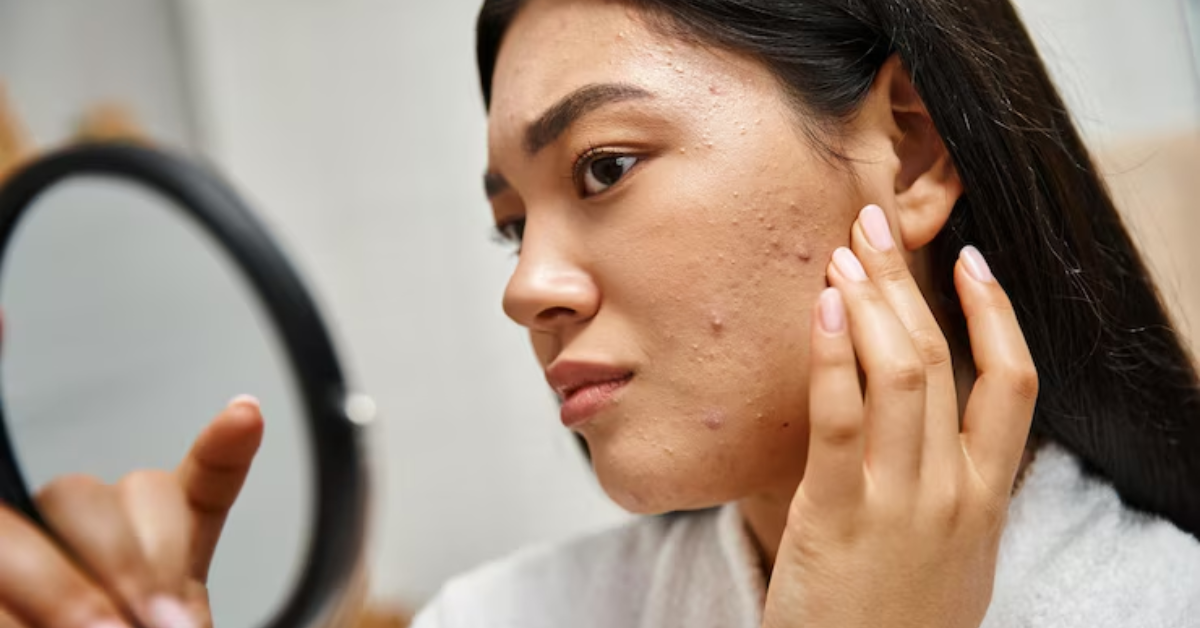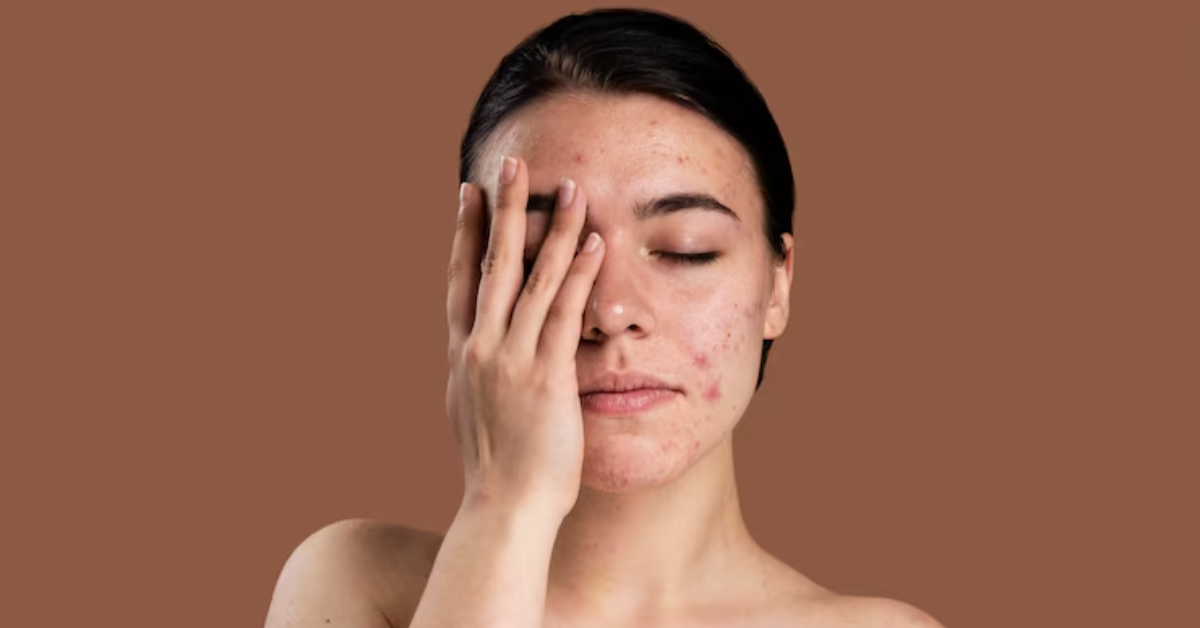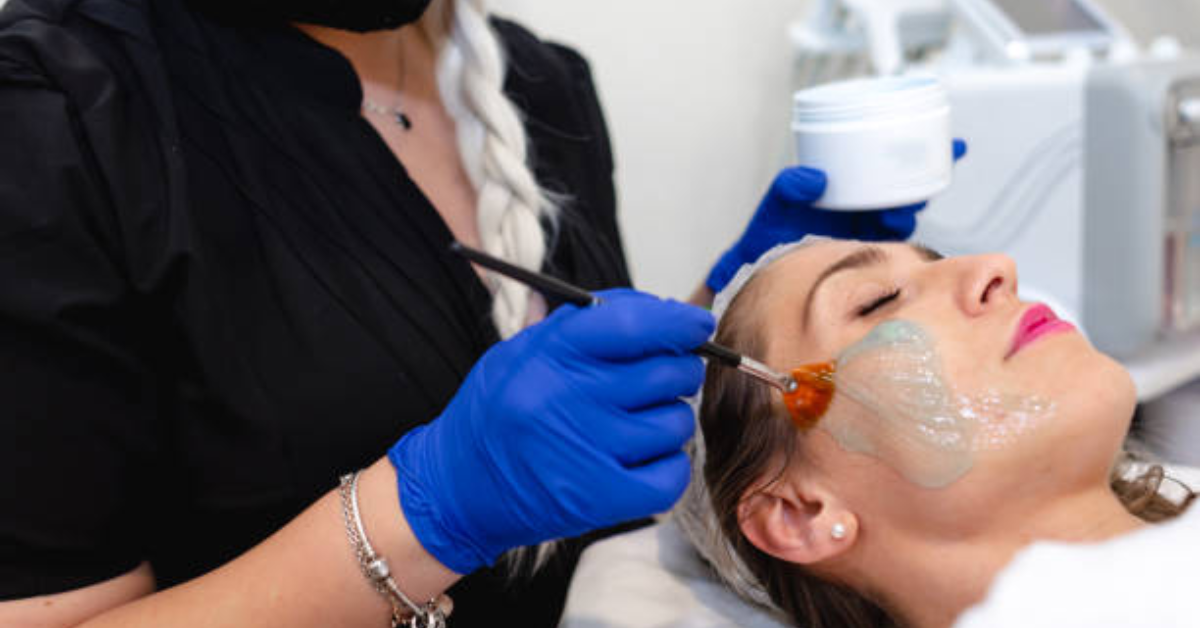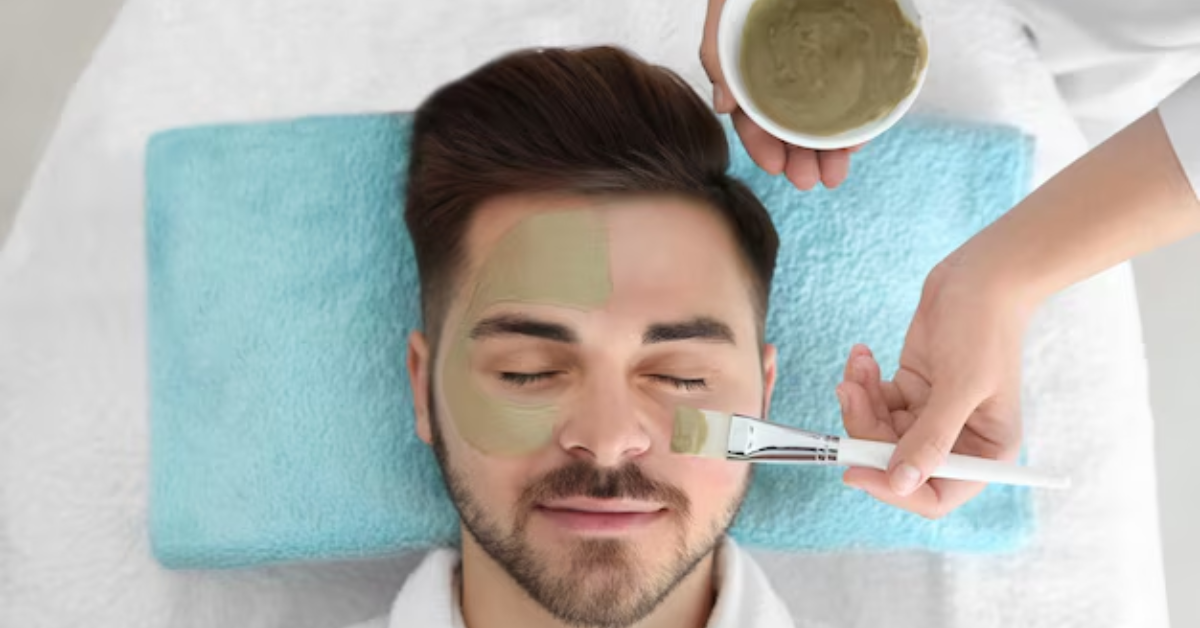How Long Does Hifu Last?
High-Intensity Focused Ultrasound (HIFU) has become a popular non-invasive cosmetic treatment, particularly for skin tightening and facial rejuvenation. Often hailed as a "non-surgical facelift," HIFU uses ultrasound energy to stimulate collagen production, leading to firmer, more youthful-looking skin. But one of the key questions for anyone considering this treatment is: How long does HIFU last? Let’s explore the longevity of HIFU results, the factors that affect its effectiveness, and tips for maintaining the results.
How Does HIFU Work?
Before delving into how long HIFU lasts, it’s essential to understand how the procedure works. HIFU delivers ultrasound energy deep into the skin layers, targeting the skin's foundational layers without damaging the surface. This energy heats the tissues, causing controlled injury. In response, the body produces new collagen, a protein responsible for skin elasticity and firmness. Over time, this leads to tighter, smoother, and more lifted skin.
HIFU is commonly used for treating sagging skin around the jawline, forehead, cheeks, and neck. It can also be used on the body to tighten areas such as the abdomen or thighs. Since it is non-invasive, there is no downtime, making it a convenient option for those seeking subtle but noticeable skin rejuvenation.
Immediate and Long-Term Results
After undergoing HIFU, some patients may notice an immediate tightening effect. However, the full results develop gradually as the body produces more collagen in the treated areas. It typically takes about 2 to 3 months for the maximum results to be visible. This gradual improvement is what many find appealing about the treatment, as it creates a natural-looking enhancement rather than an abrupt change.
How Long Do HIFU Results Last?
The longevity of HIFU results varies from person to person, depending on several factors. However, for most individuals, the effects can last anywhere from 6 months to 2 years.
- For Facial Treatments: The results from HIFU facial treatments usually last around 12 to 18 months. After this period, the natural aging process continues, and skin may gradually lose its elasticity again. Some people choose to have maintenance sessions to prolong the effects.
- For Body Treatments: When used for tightening skin on the body, such as the abdomen or arms, results may last slightly longer, ranging between 18 months and 2 years. This is because the body typically produces more collagen in response to treatments aimed at larger areas of skin.
Factors That Influence How Long HIFU Lasts
While the general timeframe for HIFU results is between 6 months to 2 years, several factors can influence the longevity of the results:
- Age: Younger individuals tend to have a more robust collagen production response compared to older individuals. Therefore, people in their 30s and 40s may see longer-lasting results than those in their 50s and beyond.
- Skin Condition: Skin that is already well-maintained and relatively firm will respond better to HIFU, leading to longer-lasting results. Conversely, individuals with more severe sagging or sun damage may not experience the same duration of results.
- Lifestyle Factors: Certain lifestyle habits can impact how long HIFU results last. Smoking, excessive sun exposure, and poor skincare routines can accelerate skin aging, thereby shortening the effectiveness of the treatment. Staying hydrated, using sunscreen, and maintaining a healthy diet can help prolong results.
- Collagen Production: Each person’s collagen production rate differs. Some people naturally produce collagen more rapidly, which helps maintain the effects of HIFU longer, while others may have slower collagen turnover.
- Number of Sessions: For some, a single HIFU session may be sufficient to achieve the desired results. However, others may require additional sessions for enhanced longevity. Many practitioners recommend maintenance sessions once every 12 to 18 months to sustain the benefits.
Maintaining Your HIFU Results
Although HIFU delivers long-lasting results, no cosmetic treatment can completely halt the aging process. However, there are several ways to extend the benefits of your HIFU treatment:
- Regular Maintenance Treatments: As mentioned earlier, follow-up HIFU sessions can help maintain the effects. Many patients opt for annual treatments to keep their skin firm and youthful-looking.
- Skincare Routine: A good skincare regimen can support HIFU results. Using products that promote collagen production, such as retinoids, vitamin C serums, and hyaluronic acid, can help prolong the treatment’s effects.
- Sun Protection: Ultraviolet (UV) damage from the sun is one of the primary causes of skin aging. Using sunscreen daily and wearing protective clothing can prevent further collagen breakdown, helping to maintain the results of your HIFU treatment.
- Healthy Lifestyle: Leading a healthy lifestyle that includes a balanced diet rich in antioxidants, adequate hydration, regular exercise, and avoiding smoking can help preserve your skin's health and prolong the effects of HIFU.
Is HIFU Right for You?
If you’re looking for a non-invasive option to tighten and lift your skin, HIFU is worth considering. The results are long-lasting compared to other non-surgical treatments, and there is no recovery time involved. However, HIFU is not a substitute for a surgical facelift. It is best suited for individuals with mild to moderate skin laxity. If you have significant sagging, a surgical procedure may offer more dramatic results.
Conclusion
The effects of HIFU typically last between 6 months to 2 years, depending on various factors such as age, skin condition, and lifestyle habits. For many, a single session is sufficient to achieve their aesthetic goals, while others may benefit from periodic maintenance treatments. With proper care, you can enjoy the benefits of HIFU for a long time, making it a valuable option for non-surgical skin tightening and rejuvenation.










